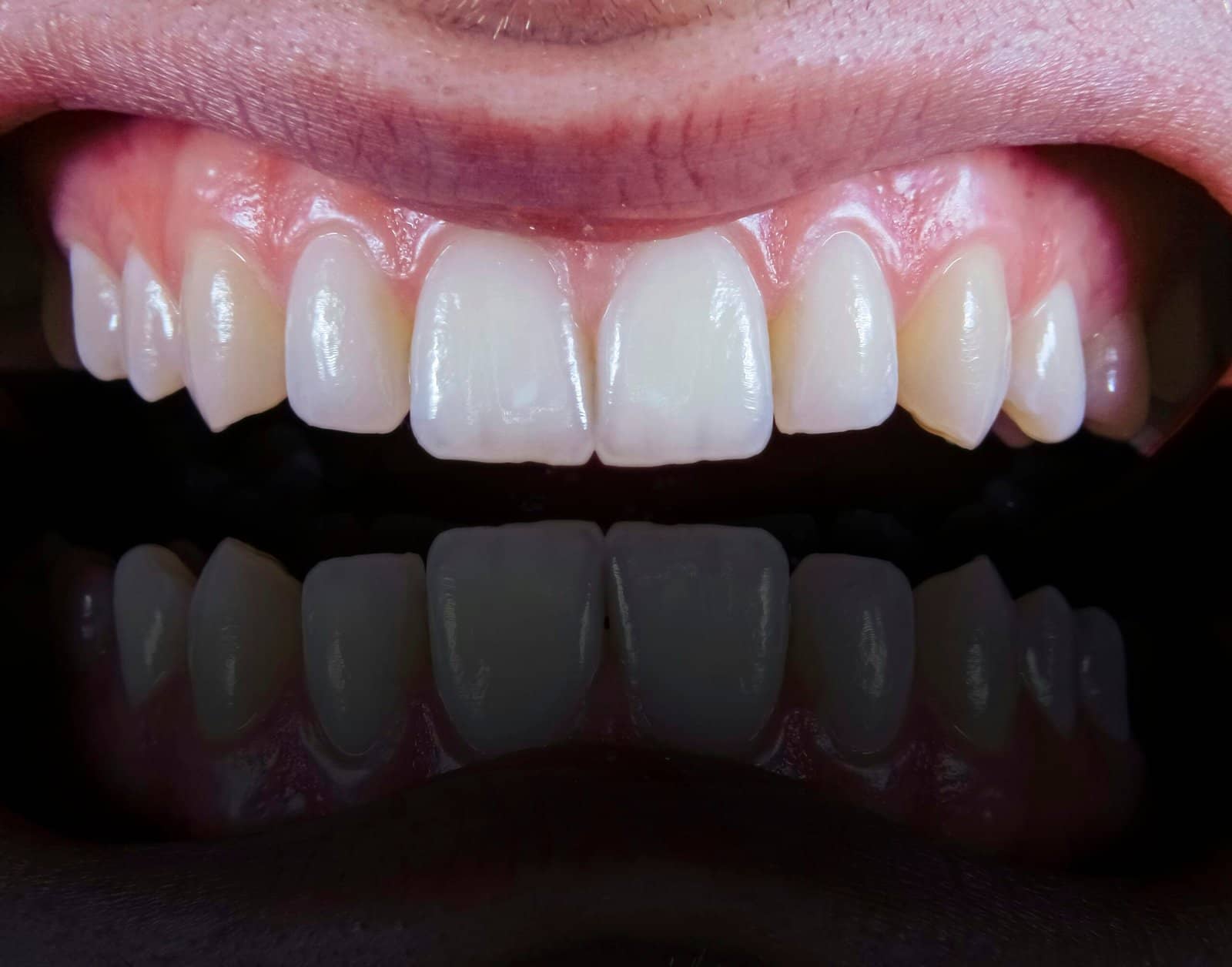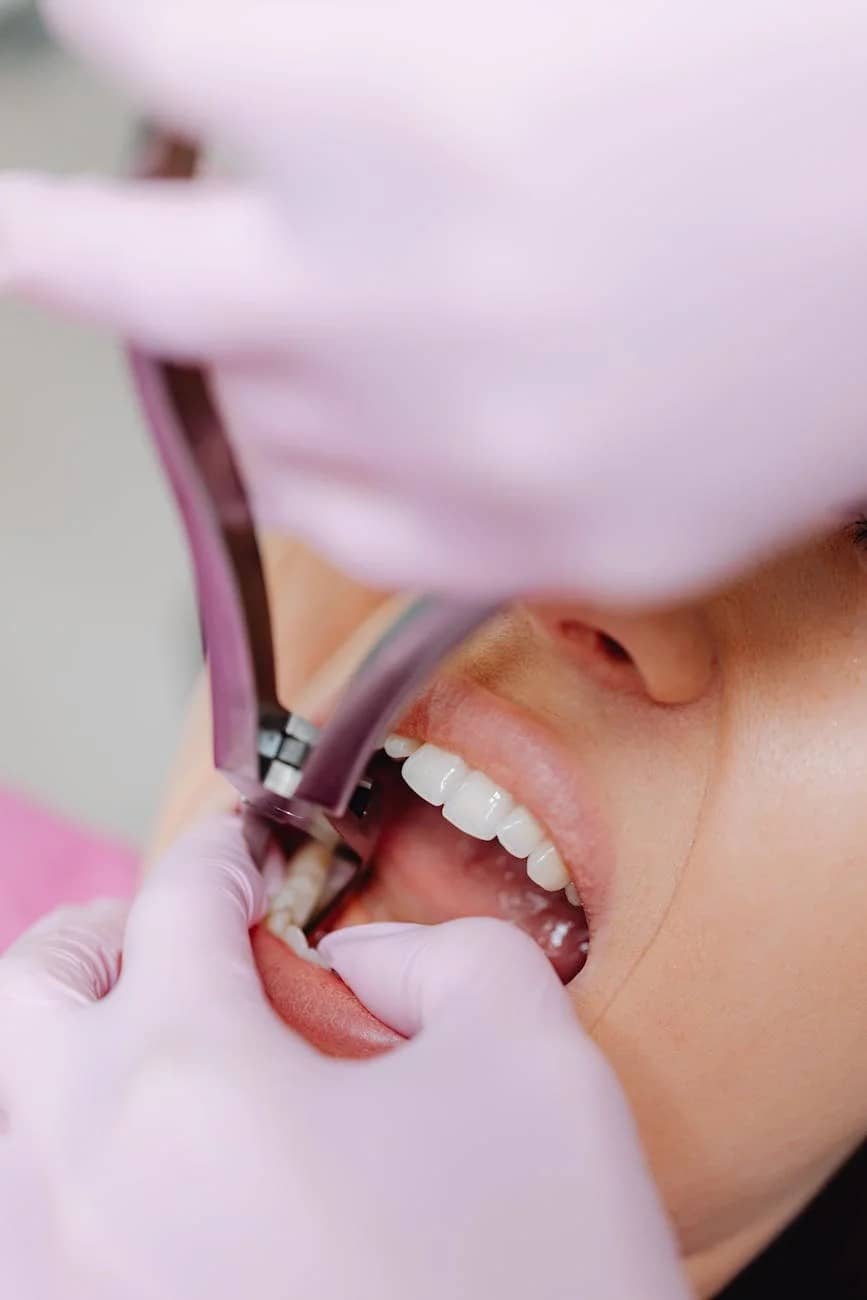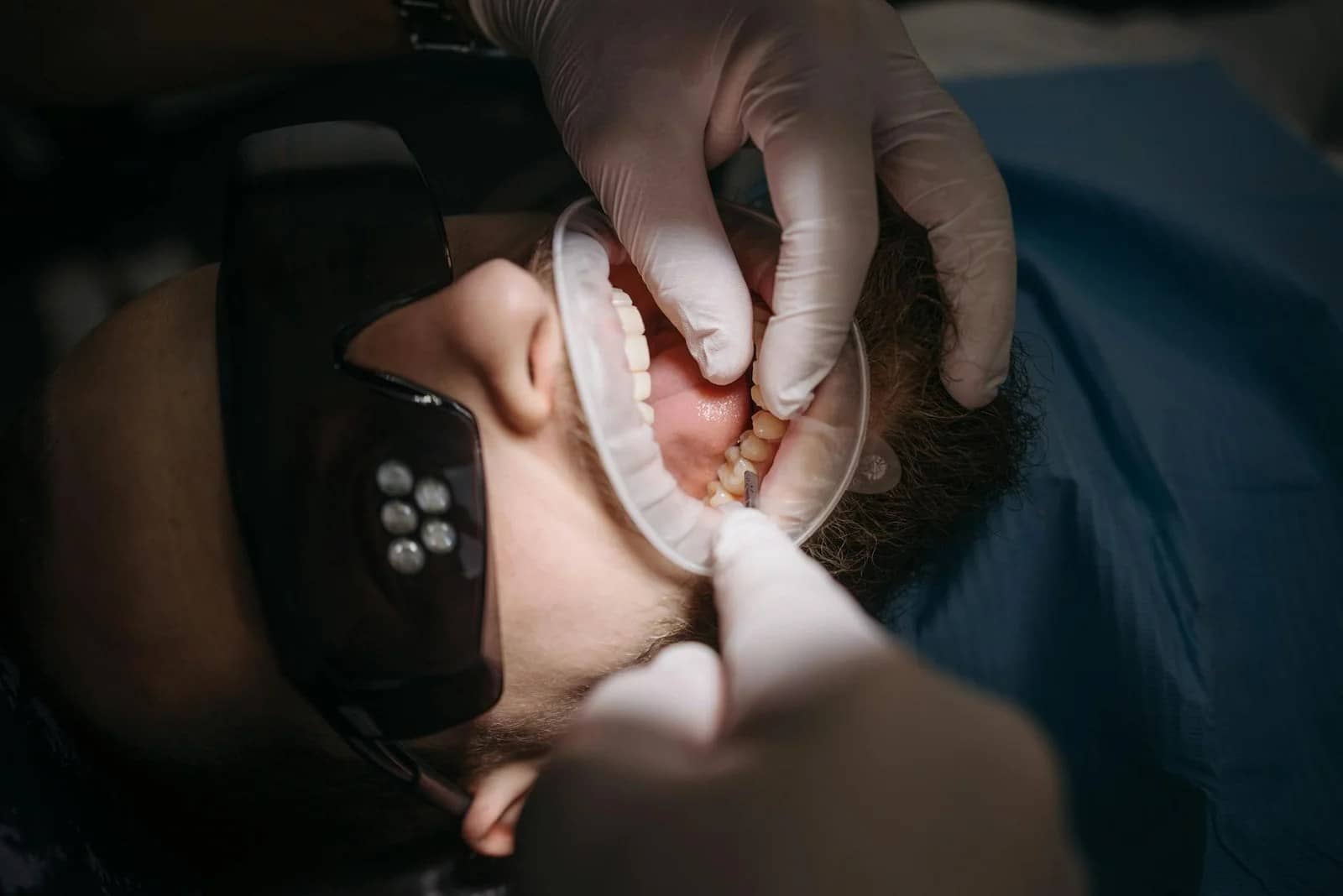
Introduction
When you think about your health, your teeth might not be the first thing that comes to mind.
However, emerging research shows a strong link between oral health and heart disease — surprising even many doctors.
Neglecting your dental hygiene could silently contribute to major cardiovascular issues like heart attacks and strokes.
Let’s dive into what the latest studies reveal and how you can protect both your smile and your heart.
1. Understanding the Connection Between Oral Health and Heart Disease
Poor oral health doesn’t just lead to cavities — it can trigger serious inflammatory responses in the body.
Scientific Insights
- Bacteria from gum infections (periodontitis) can enter the bloodstream
- Inflammatory bacteria contribute to arterial plaque buildup
- This raises the risk for atherosclerosis, heart attacks, and strokes
Maintaining oral hygiene is essential if you want to lower your long-term heart risks.
2. Gum Disease: A Silent Threat to Your Heart

Gum disease often goes unnoticed in its early stages but can wreak havoc silently.
Key Facts
- People with periodontal disease have a two to three times higher risk of heart attacks
- Inflammation caused by gum disease affects blood vessel walls
- Chronic oral infections can worsen existing heart conditions
3. Bacteria That Travel: How Infections Spread from Mouth to Heart

Certain oral bacteria like Streptococcus sanguis are linked to clogged arteries.
How It Happens
- Bacteria enter the bloodstream through bleeding gums
- They attach to blood vessel walls, causing inflammation
- Over time, they contribute to arterial thickening and heart disease
Protecting your mouth means protecting your blood vessels too.
4. Who Is at Higher Risk of Heart Problems from Poor Oral Health?

Certain groups are even more vulnerable to the oral-systemic connection.
Higher Risk Groups
- People with diabetes (double the risk)
- Older adults with long-term gum infections
- Smokers and heavy alcohol consumers
- Individuals with existing heart disease
If you fall into these categories, maintaining oral health is critical for heart safety.
5. Practical Tips to Protect Your Oral and Heart Health

Simple habits can save both your heart and your teeth.
Tips for Prevention
- Brush teeth twice daily with fluoride toothpaste
- Floss daily to remove hidden plaque
- Schedule dental check-ups every 6 months
- Manage blood sugar levels if diabetic
- Quit smoking and reduce alcohol consumption
Good oral care is one of the easiest preventive health strategies you can adopt.
6. Impact of Poor Oral Health on Heart Disease
| Oral Issue | Heart Risk | Prevention Tip |
|---|---|---|
| Gum Disease | Inflammation of arteries | Regular dental cleaning |
| Tooth Infections | Bacterial spread to bloodstream | Treat cavities early |
| Bleeding Gums | Bacteria entry into heart vessels | Floss daily |
| Missing Teeth | Higher stroke risk | Denture care, early treatments |
👉 Also Read: Top 10 Anti-Inflammatory Foods for Joint Health
Conclusion
The evidence connecting oral health and heart disease is undeniable.
By taking better care of your teeth and gums, you’re not just investing in a beautiful smile — you’re taking major steps to protect your heart health too.
Start today with small actions like brushing, flossing, and regular dental visits.
Your heart will thank you for the care you give your mouth!
🔗 Reference:
Oral Health and Heart Disease Connection
Call-To-Action (CTA)
👉 Ready to protect your heart through better dental care?
Start brushing, flossing, and booking your dental check-up today.
Healthy gums mean a healthy heart — don’t wait!
Disclaimer
The information provided in this article is for educational purposes only and is not intended as a substitute for professional medical advice, diagnosis, or treatment.
Always seek the guidance of your physician or other qualified healthcare provider with any questions you may have regarding a medical condition or dental care.
Discover more from I-PICKS
Subscribe to get the latest posts sent to your email.


1 thought on “Oral Health and Heart Disease: Shocking New Studies”